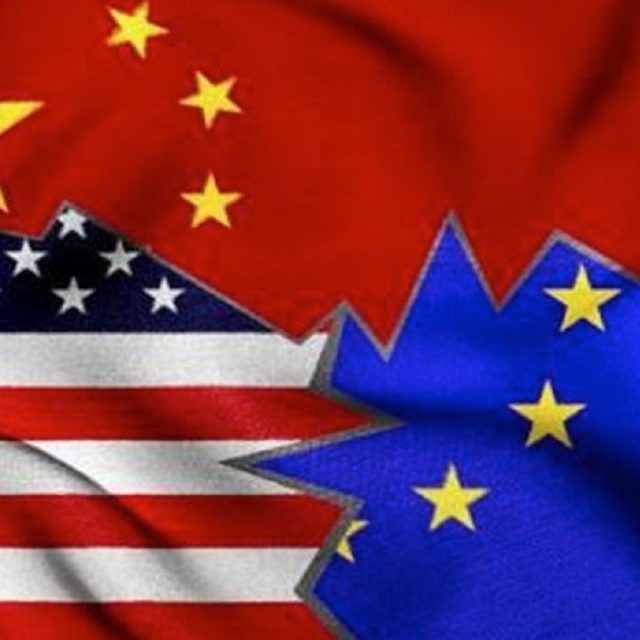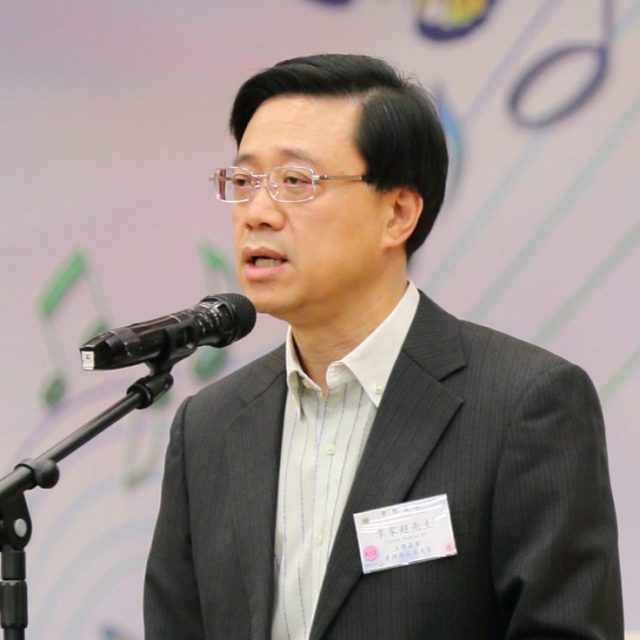Photo by Maël BALLAND on Unsplash
Last week in Sudan was more about what didn’t happen than did, although the violence continued unabated. A meeting of the Quartet (the United States plus three regional powers, Egypt, Saudi Arabia, and the UAE) seeking a resolution to the conflict, was called off at the last minute.
Reasons for the cancellation were not made public but media reports quickly identified sharp differences among the principals on whether or not the rival combatants, the Sudanese Armed Forces and the Rapid Support Forces, should participate, and the SAF’s role in a transitional period. There was also evidence of diplomatic dudgeon among the SAF’s international allies as they reacted to the announcement by Tasis, the political wing of the SAF’s armed rivals, the Rapid Support Forces, that it had formed a parallel government.
Nor was it clear when the talks might be rescheduled; top US Sudan-watcher Cameron Hudson of the Centre for Strategic and International Studies speculated on no sooner than September, but one way and another this has to be a matter of time. A military solution, however much the SAF has not publicly given up on one, is generally acknowledged as highly improbable. The academic and policy consensus from leading international institutions is clear: there is no military solution to Sudan’s current civil war. From the UN Secretary-General’s Personal Envoy to major think tanks like the International Crisis Group, the European Council on Foreign Relations, Britain’s Royal United Services Institute, as well as academic institutions, the evidence consistently supports diplomatic engagement and a comprehensive peace process as the only viable path to ending Sudan’s devastating conflict.
While the warring parties are frozen in a strategic stalemate the regional humanitarian catastrophe has led to as many as 150,000 deaths, 25 million people in danger of starvation, 12 million people displaced, and 4 million who have fled to neighbouring countries. This means that a negotiated settlement is not just preferable, but also essential for Sudan’s survival as a unified state.
The Quartet share several increasingly pressing concerns around the regional security consequences of the conflict, including mass displacement, arms trafficking, rising terrorism, the spillover of violence to the Sahel and Great Lakes, and the re-emergence of the former regime and ideological Islamists. According to diplomatic sources, their discussions were to focus on forging a common vision for ending the war, securing a comprehensive ceasefire, laying groundwork for a credible political process involving all Sudanese stakeholders, ending foreign interference, and mitigating regional spillover effects from the ongoing crisis. That is a comprehensive agenda, and in the circumstances, very ambitious, a quality that has not been evident to date in the international community’s efforts to end the crisis.
At present, the parties are in talks about talks, but the inevitability, even imminence, of actual talks will meanwhile have been concentrating the minds of Sudan’s armed rivals as they seek to position themselves to best advantage.
Diplomatically, the SAF, which has so far resisted talks, will be holding out for recognition as Sudan’s legitimate government—a claim denied by key international powers. This will be an early sticking point for the SAF, whose position is additionally complicated by infighting among its own militias. As one foreign editor put it, “the alliance is only one skirmish away from disintegration sometimes, and that puts a lot of pressure on Burhan”. Add to that the SAF’s reliance on external support from actors such as Turkey and Iran, and it is clear that it is a close to impossible balancing act.
The RSF is determined not to make it any easier for the SAF—hence its announcement, three days before the Quartet meeting, of its parallel government of peace and unity. Analysts note that the RSF, which has repeatedly indicated its willingness to talk, has not wanted to be seen as merely an armed group, and risk being sidelined from power. This move, aimed at gaining recognition from supportive nations and improving its leverage at settlement talks, is its way of staking its claim as a recognised state actor, and one committed to the establishment of a secular state.
Militarily, the RSF has been simultaneously making a strong push to dislodge the SAF from El-Fasher, the only major city not under its control in Darfur and so establish a defendable de facto state. Control of the city would give the RSF complete dominance over the western region, including control of natural resources and trade routes, and solidify its position in any future negotiations by providing tangible territorial assets and establishing the foundations for an autonomous western region that could serve as a bargaining chip in any wider settlement.
Politically, things are restive in Port Sudan. Internal tensions have seen Islamist cadres toughing it out with SAF commander General Abdel Fattah al-Burhan for influence in the regime, and winning. Over the objections of Burhan’s prime minister, Kamil Idris, loyalists of the National Congress Party have secured key posts in Idris’s cabinet, ensuring that this powerful hold over from ex-President Omar Bashir’s regime retains significant influence across the military and bureaucracy in Port Sudan. The NCP has publicly articulated its vision for a post-war hybrid system of government in which the army maintains sovereign authority until all threats are eliminated, while elections would usher in Islamist civilians to manage the government.
These forces, and other newly recruited militia, have military leverage. Reuters reports NCP claims to have provided 3,000 fighters to the SAF and helped mobilise tens of thousands more for the army’s war effort, with 5,000 of its cadres serving in special forces units that have delivered some of the army’s more significant victories, notably in Khartoum. The elite al-Baraa Ibn Malik brigade, now 20,000 strong and equipped with sophisticated weaponry, has been instrumental in the army’s recent successes.
For tactical and opportunistic reasons, the SAF has been building alliances with formerly neutral armed groups or supporting paramilitary groups aligned with the RSF or former President Omar al-Bashir’s regime to extend its territorial control and local presence, and shore up support for its military and political objectives. Among these groups are the Darfur Joint Forces and the Sudan Shield Forces. The SAF also revived previously dismantled SAF paramilitaries like the Popular Defence Forces (PDF), al-Baraa Ibn Malik Brigade, and the National Intelligence and Security Service (NISS) combat troops.
But such alliances are fragile, and will always be contingent on local concessions these militia can extract on the fringes of a ceasefire. This makes for a complex dynamic where Burhan is forced to juggle two competing necessities: to not cede influence to political figures from the ancien régime, and not put at risk the military, bureaucratic, and financial backing of his armed Islamist network.
One way and another, with these complexities, the manoeuvring, and the fighting all grinding on, the Quartet, when it does get its act together, is going to have to knock some regional heads together sharply (especially Turkey and Iran) if Sudan’s intolerable suffering is to be ended.




